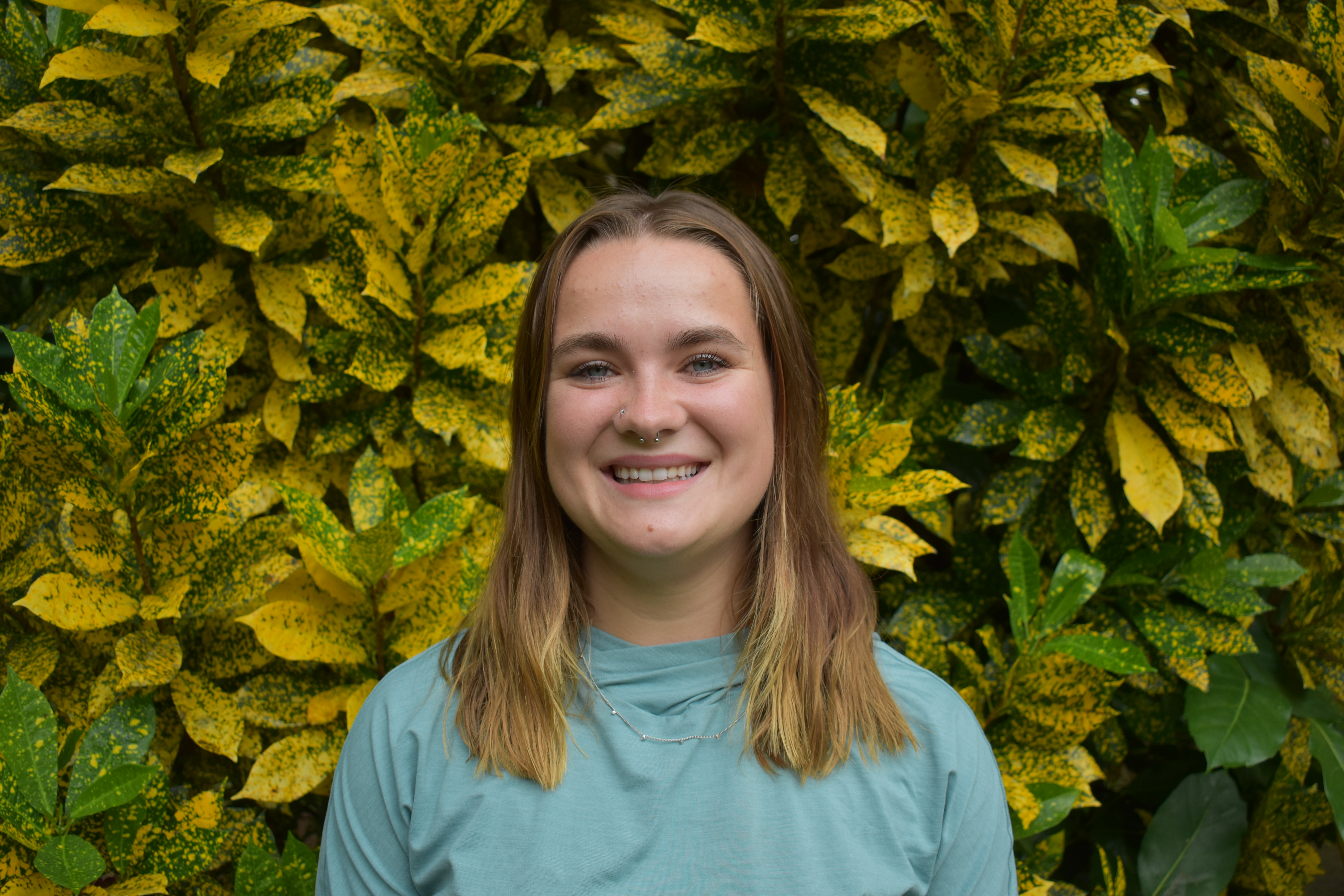TRACE: Far from your Typical 9-5
- Natalie Peterson-Hunt

- Oct 20, 2025
- 4 min read
When I had my interview to work at TRACE, one of the first questions I asked was, “What is a typical day like for a TRACE intern?” Tatiana, the project manager at TRACE, responded and said that every day is a little different. I was not expecting this response as I am used to working in a college environment where every day is the same– I go to classes, do my homework, cook meals, and work. But the truth is, being a TRACE intern is far different from my college schedule or even a typical 9-5 job.

Working as a summer intern, I have had the opportunity to collaborate closely with 3 other interns. So close in fact, that we share a bedroom! Our dormitory is located right at the Sabana Field Research Station, meaning that after we make breakfast and get ready, we walk right out the door, take 20 steps, and arrive at our offices! Our workday starts at 8 am and typically begins with a little bit of computer work and coffee. But don’t be fooled, we don’t stay at our desks for long.
Recently, our mornings have been filled with lots of field work (my favorite)! This typically takes on two different forms: either assisting with field sampling to collect data for TRACE or working on our own individual projects that we have developed as interns. Luckily for us, TRACE’s research field site is not too far away. After collecting the materials we need, we take a few steps out of the office and arrive in the forest! Even though the TRACE site is not too large, we definitely get a workout in. TRACE has 6 warming/control plots, which means that when we sample, we walk to each… uphill. Recently, we interns have developed a very crucial walking technique of swatting whatever we have at hand in front of us to avoid swallowing spiderwebs. This, combined with the constant humidity, definitely tests our love for nature, but nonetheless, fieldwork is so worth it. One of my favorite things about working in the field is getting to see all the wildlife. Puerto Rico is home to several endemic species of lizards, frogs, and insects that we get to be around every day.

Aside from working in such an interesting environment, fieldwork has given me the opportunity to develop several skills that I wasn’t ever exposed to in college. For my individual project, I learned to use a device called a Smart Chamber. Hooked up to an infrared gas analyzer, this device measures fluxes of Methane and Carbon Dioxide from the soil and connects to your phone or laptop via wifi to view results in real-time. I have also learned several different data collection techniques, such as extracting gases from soil pits and collecting stomata imprints from plants. Nothing compares to the hands-on learning that I have gotten to be a part of at TRACE.
So, what else do we do? If we aren’t out in the field, you will likely find us in the lab. Sometimes doing dishes, sometimes filtering throughfall samples, but a lot of the time sorting through soil. Rachel Cruz Pérez, a PhD candidate here, is working to understand how Carbon cycles in tropical rainforests. One of her questions revolves around understanding the relative contributions of roots and microbes to soil respiration. To answer her question, roots must first be sorted out of the soil samples. So, sometimes after a long morning of fieldwork, that’s exactly what we do. We head into the air-conditioned lab, put in some headphones, and sort. Although our help in her research project seems small, one thing that I have really appreciated about interning at TRACE is getting to be active participants in all the science that is being conducted!

With this, I have gained a clearer understanding of what it means to be a scientist. Being a scientist is far more than setting up experiments, collecting data, and analyzing it. Science is collaborating with others, asking questions, and doing lots and lots of problem-solving. Although working in a tropical rainforest has its perks, it's not as regal as you may think. Because of the humidity and rain, things break and often need to be replaced. Recently, we have worked to install new soil collars and throughfall collection devices. Although I am no handyman, I would like to think that working a few more months at TRACE would make me well qualified for a job at Home Depot. All jokes aside, I am so grateful for the opportunity I have had as an intern at TRACE. This internship has pushed me out of my comfort zone, taught me invaluable practical skills, and given me a profound appreciation for the dedication and resourcefulness required in scientific research. I'm leaving this experience with a far richer understanding of what it means to be a scientist, and a realization that I never want to work a typical 9-5 job!

P.S. Wondering what to do after work? We suggest….
- Going on a run/walk to Angelito: a trail to a river that’s great for swimming!
- Volunteering at Safe Haven: a dog shelter nearby with lots of cute dogs (and sometimes cats)!
- Buying limbers: a Puerto Rican popsicle-like treat sold in nearby neighborhoods!



Comments